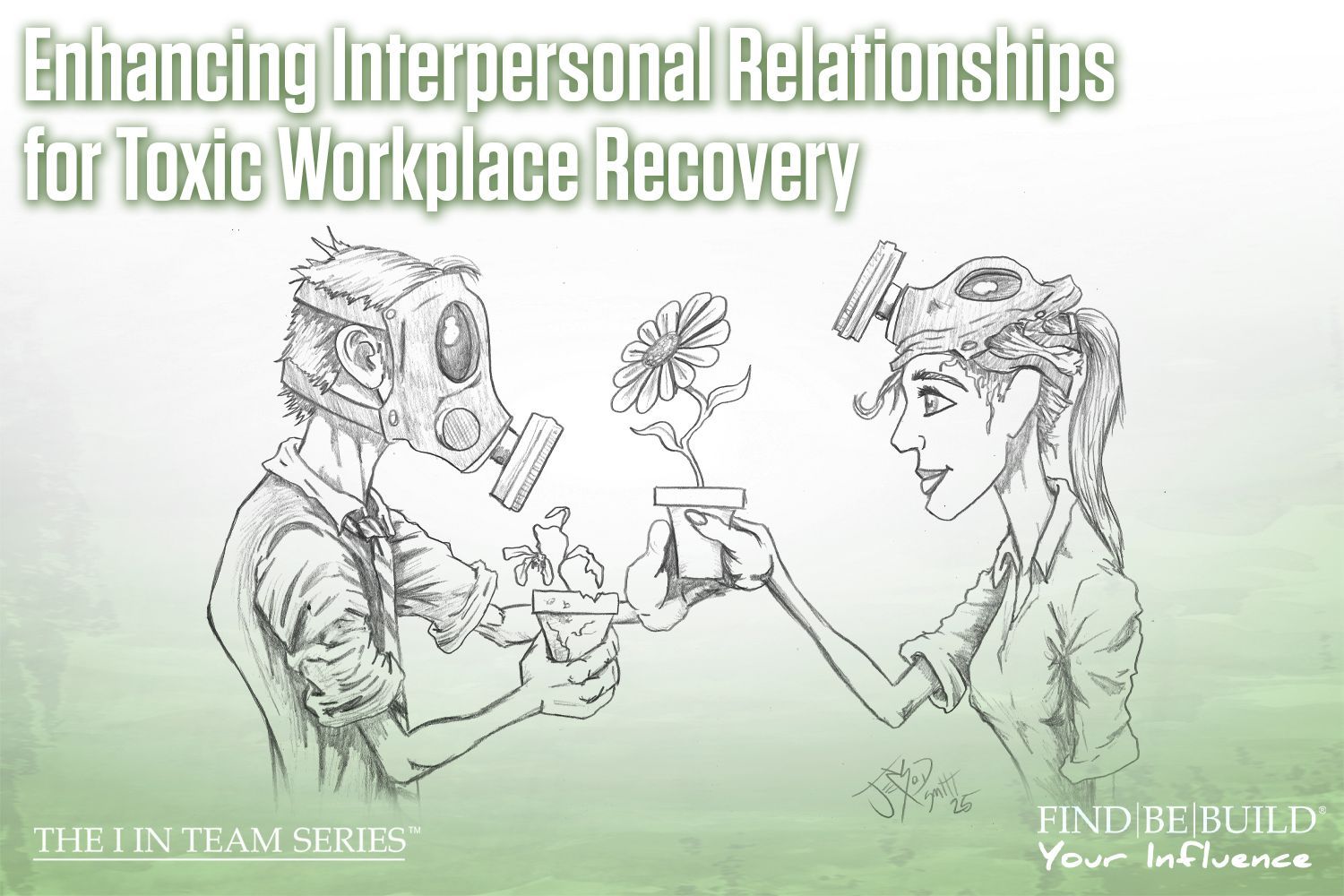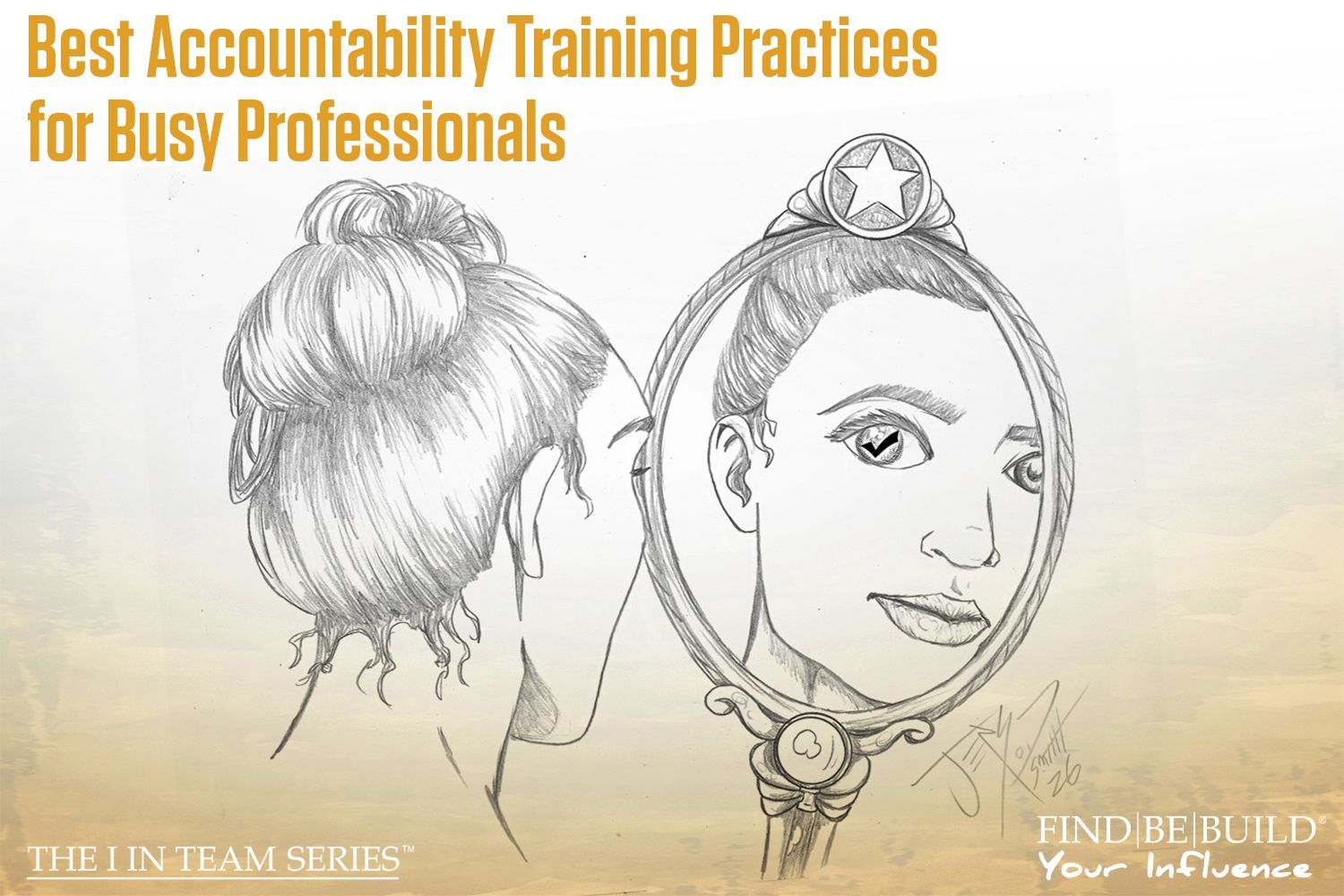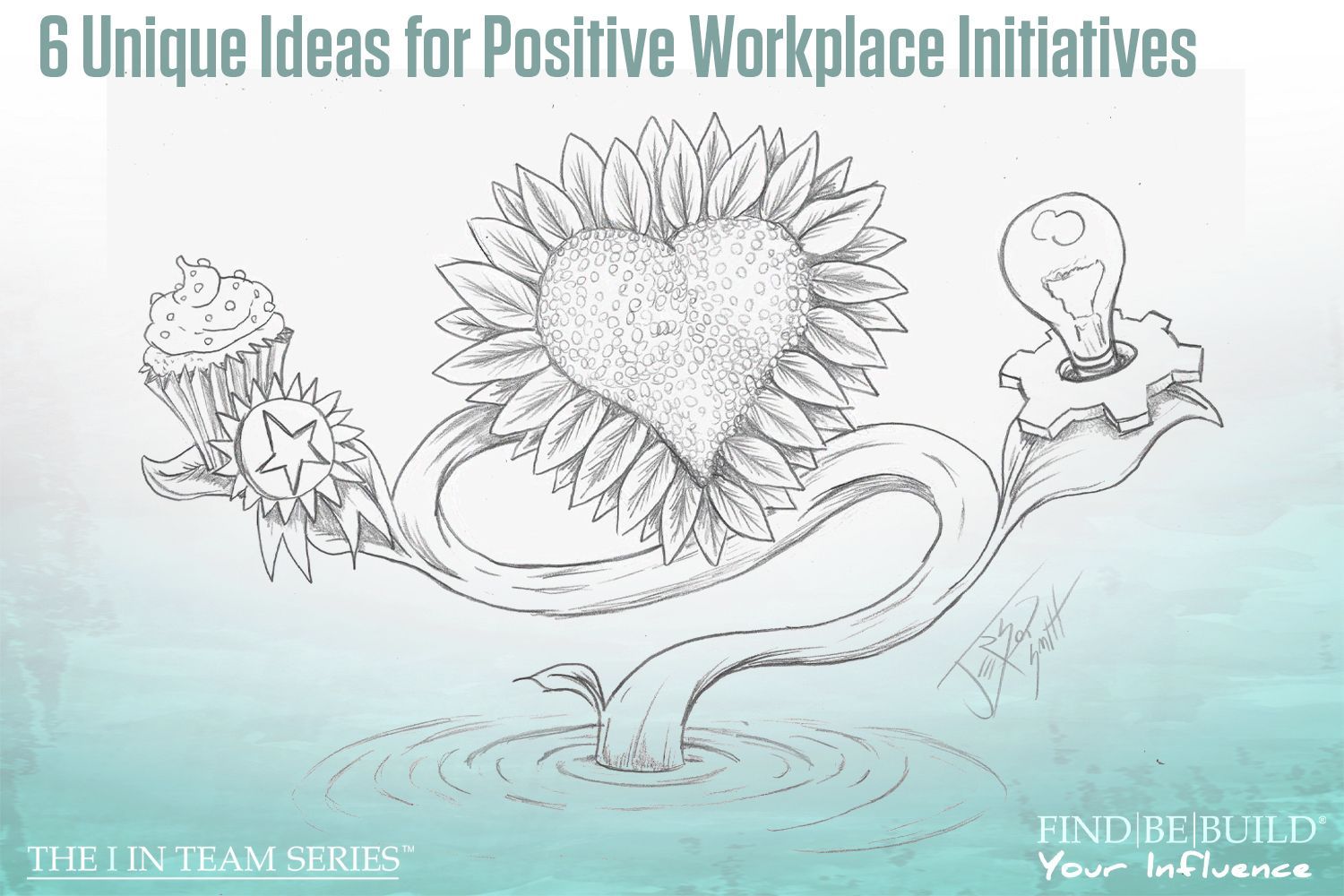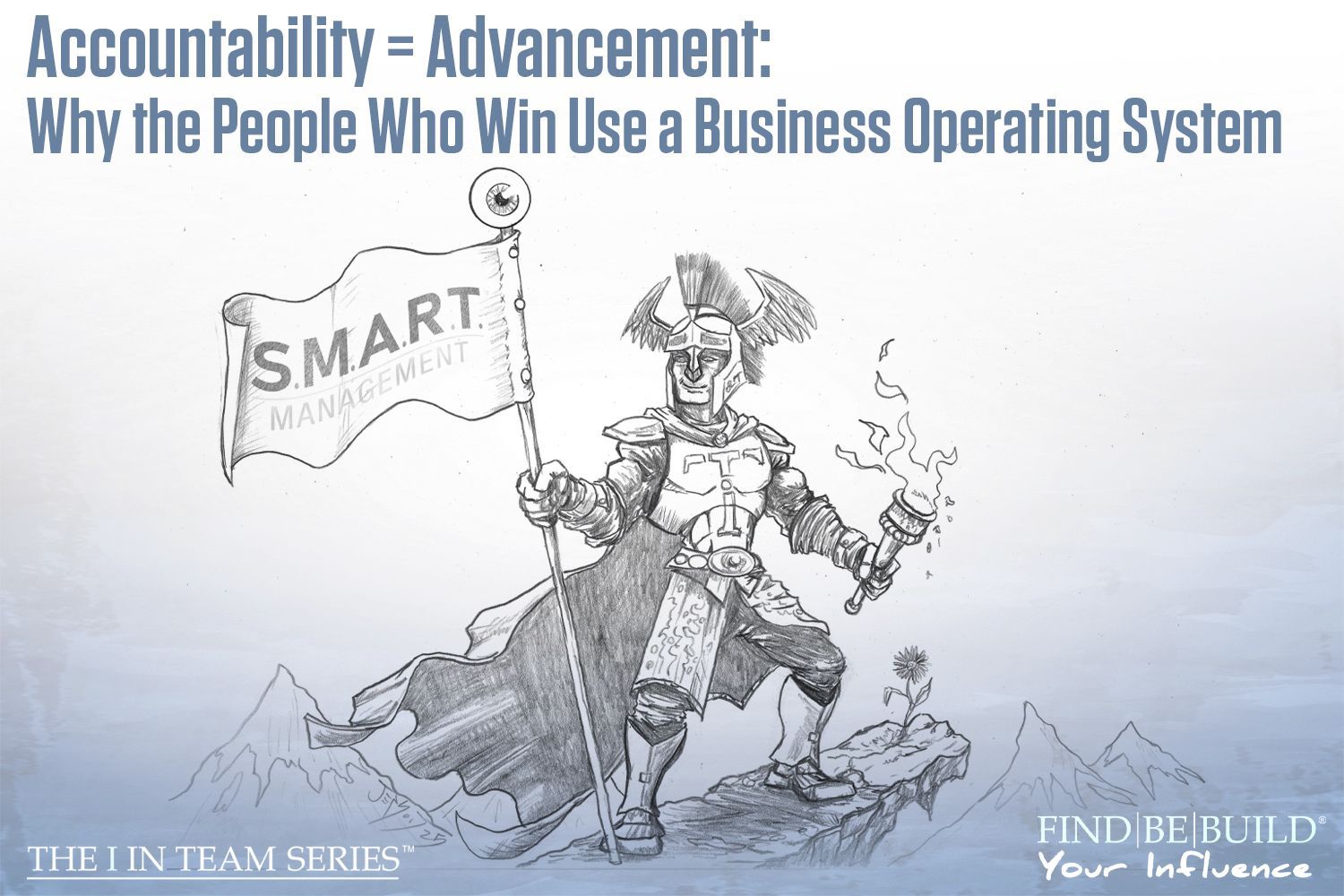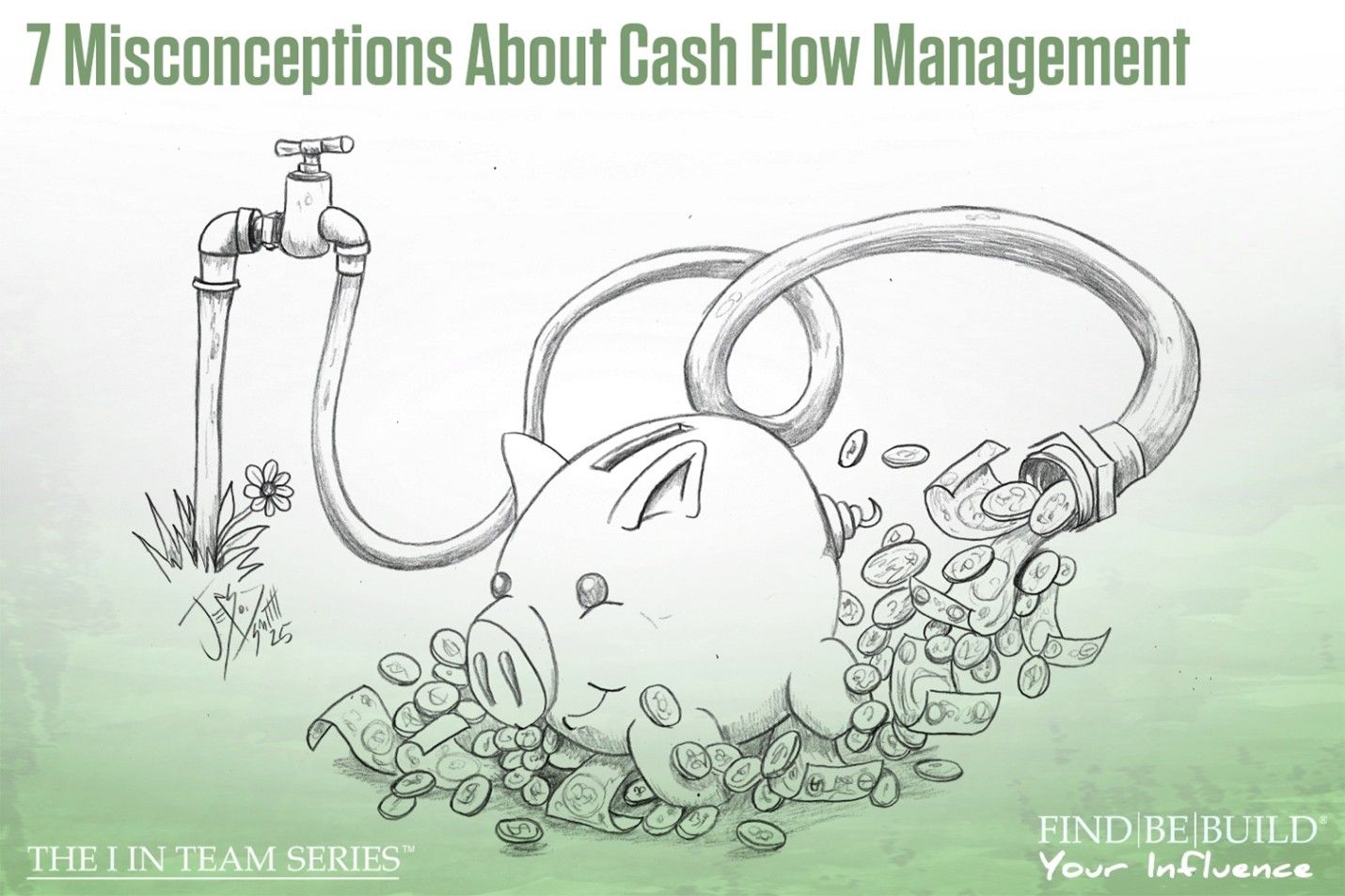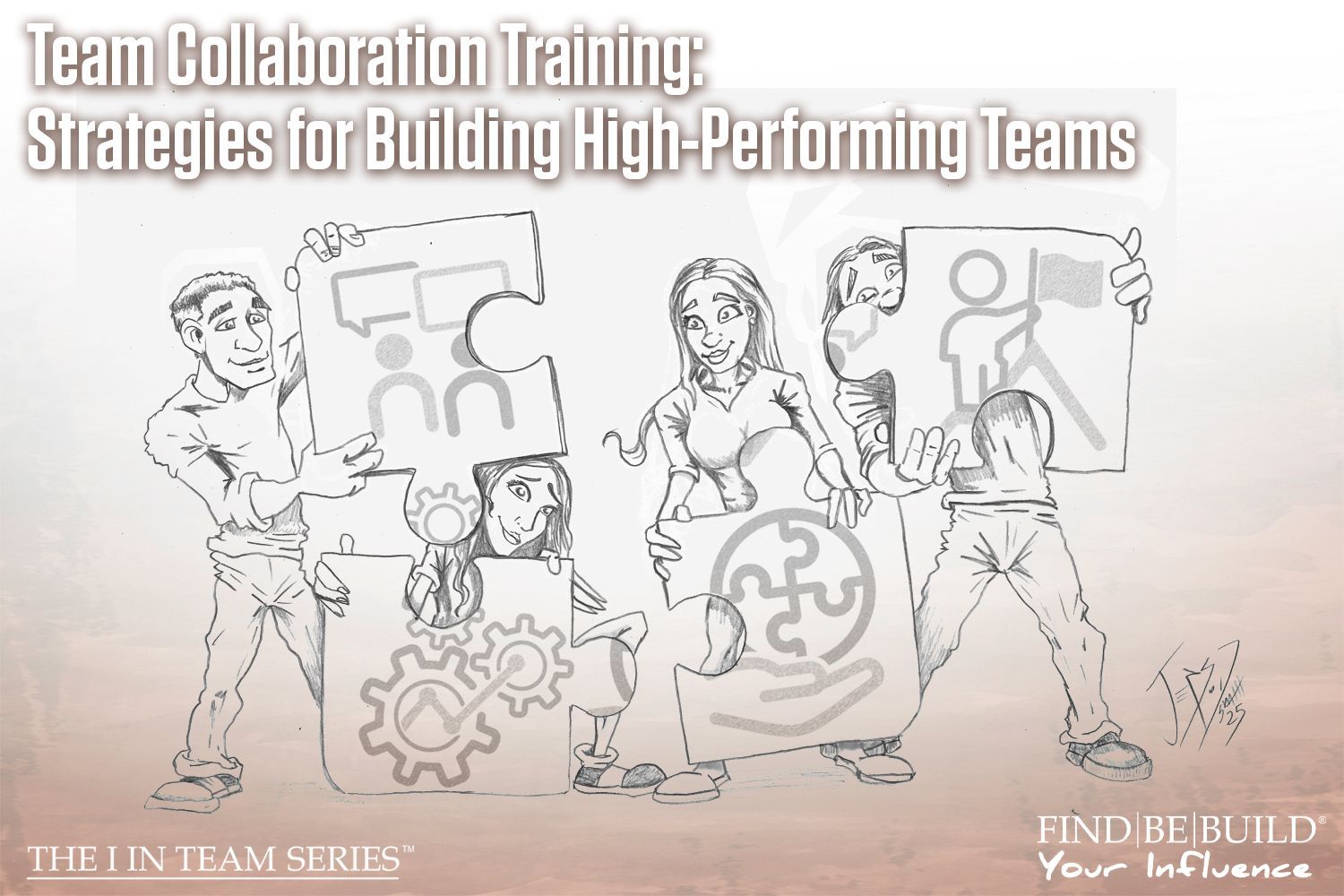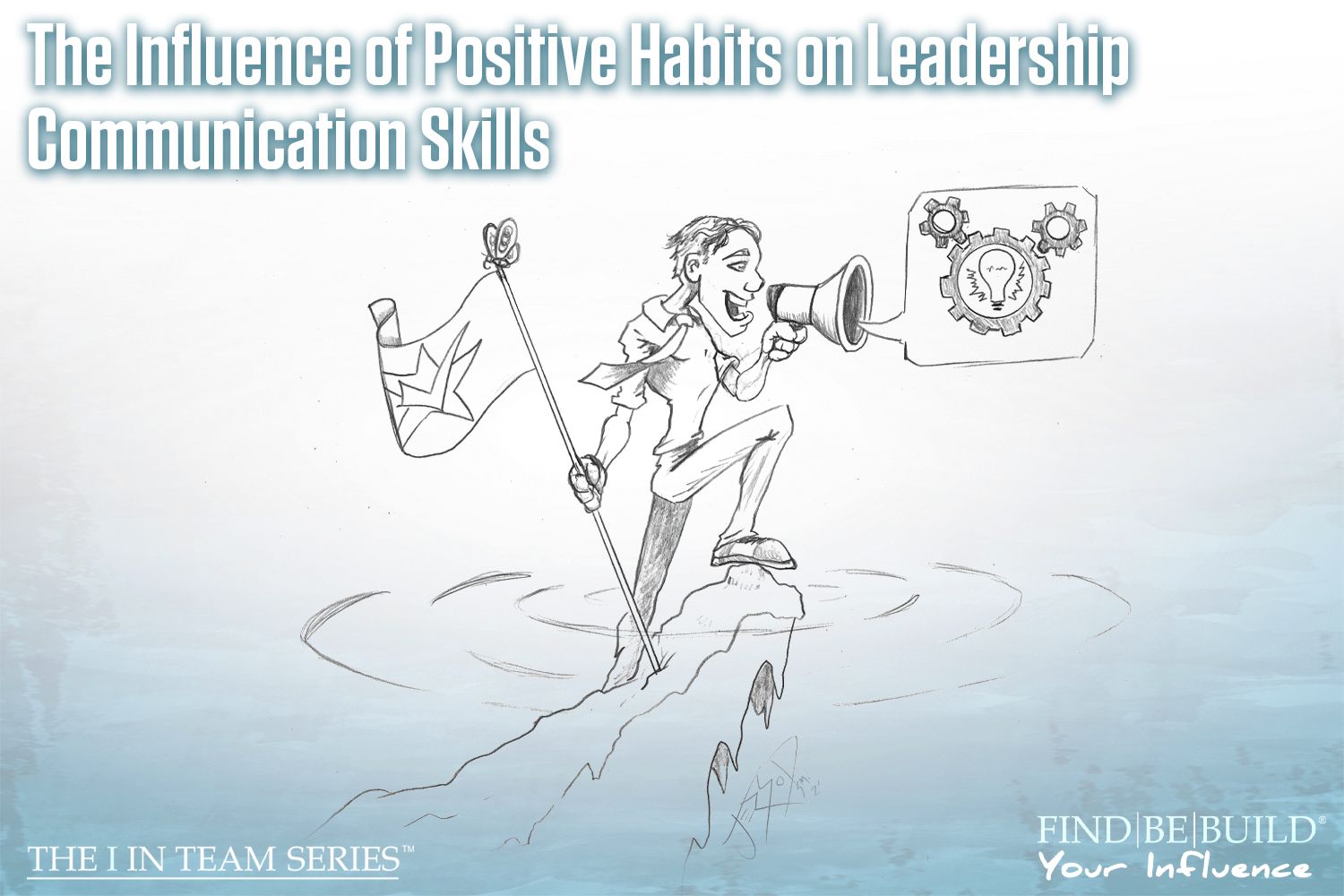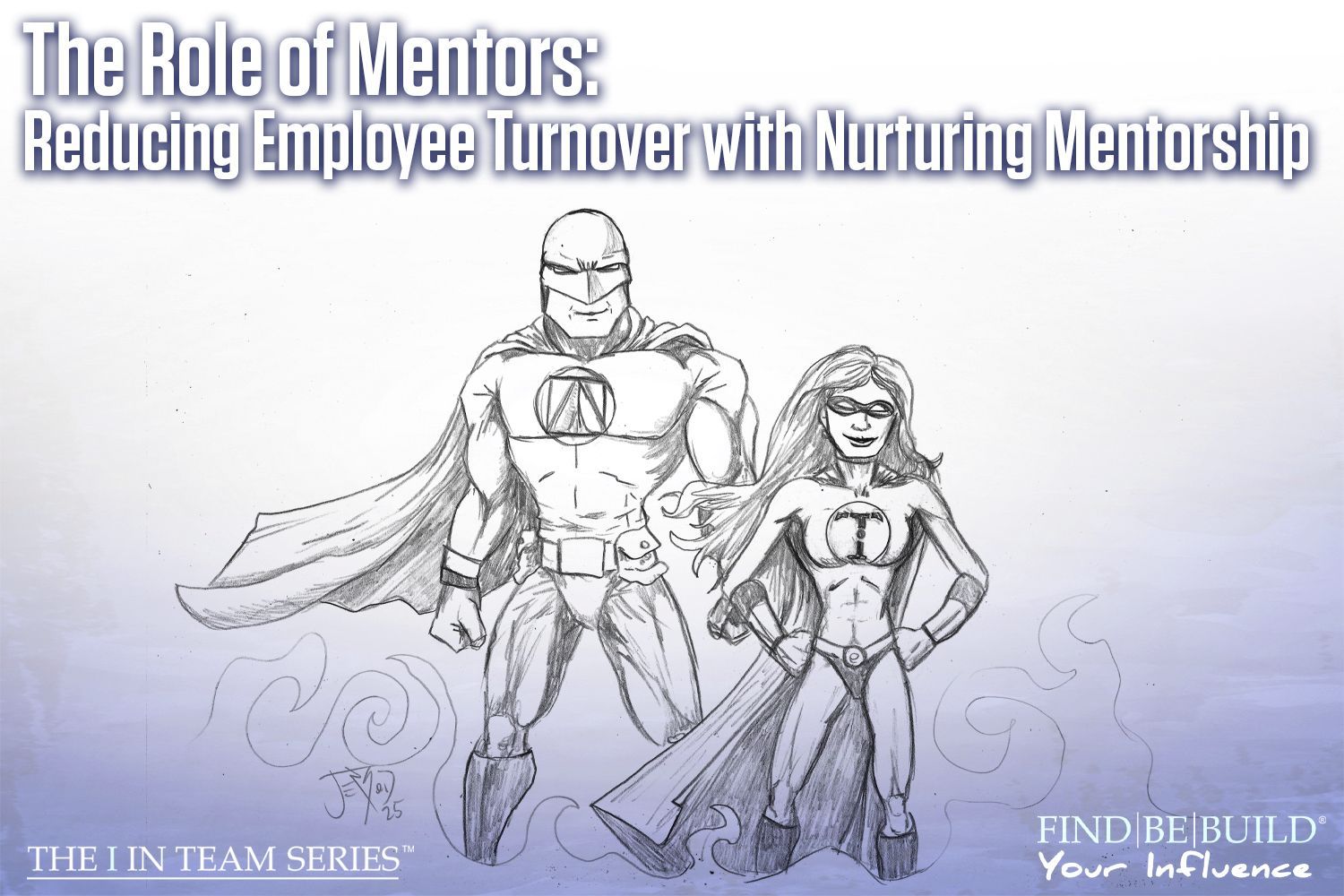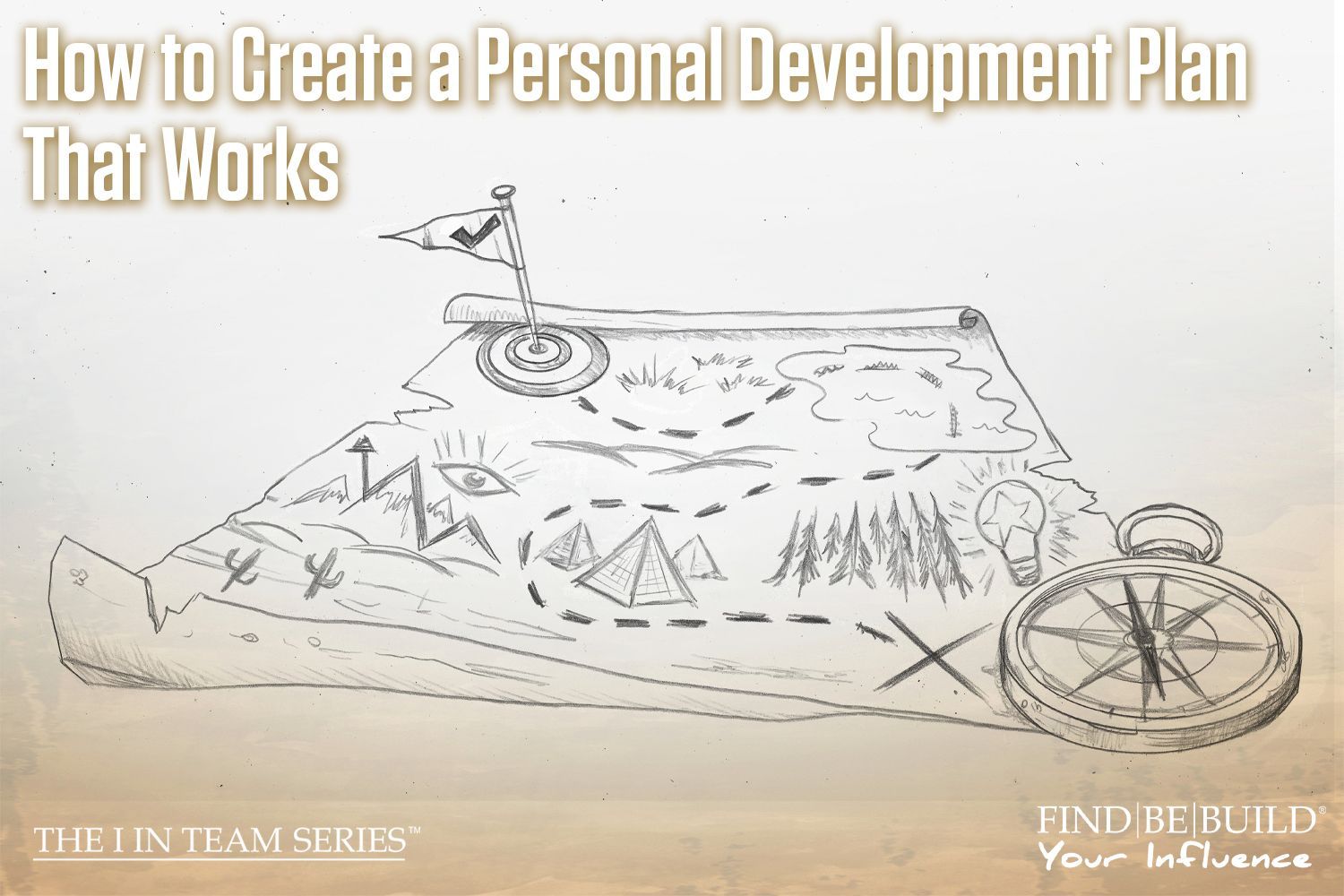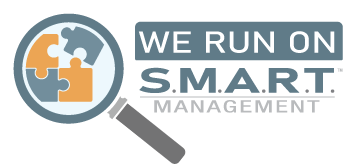How to Hold Yourself Accountable
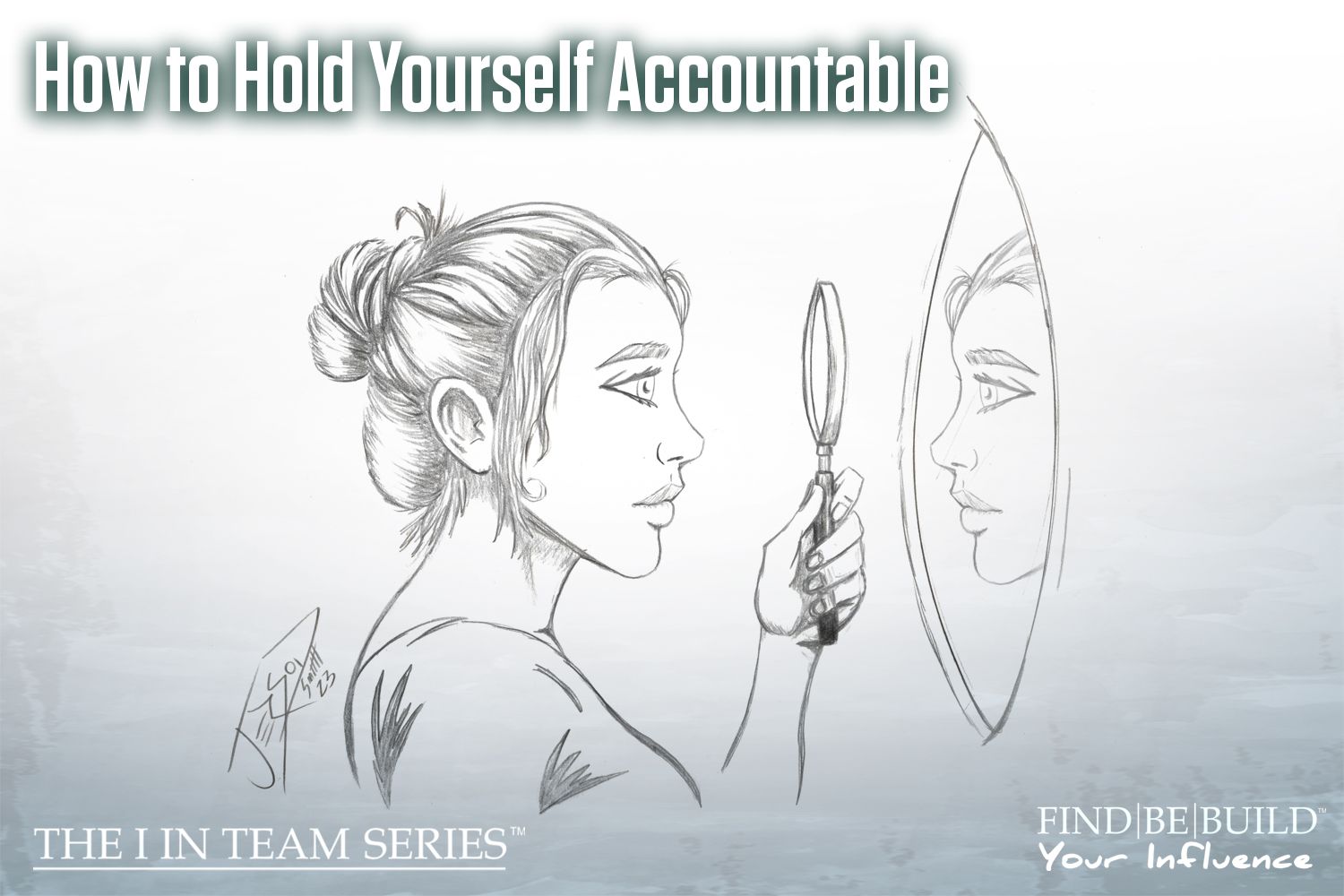
Accountability in business consulting
How to Hold Yourself Accountable
Hi, team! It’s your friend, Mary, with the “I” in Team series where you can find, be, and build your positive influence. A topic that came up in our team’s Gratitude Group a few weeks ago was accountability. Technically, we were talking about holding each other accountable and how we do that as a group; however, born from this conversation was the topic of self-accountability. Essentially, we felt that holding each other accountable can only go so far as a key part of that accountability is the accountability you have to yourself. The conversation lulled and the seed was planted for this blog to be written. You may wonder how you hold yourself accountable, and we will outline a few ways here!
What does it mean to hold yourself accountable?
When you hold yourself accountable, you are being responsible with and for your life. You know when to admit your failures and don’t blame them on others, and you are humble about your successes and recognize those that help you. Being accountable means understanding that your life is in your hands. You control yourself; this means you control your thoughts, actions, emotions, goals, and more.
Review Your Communication
How you talk to yourself (and subsequently others) signifies how well you are able to hold yourself accountable. And if you want to be more accountable, you need to examine the language you use. Changing your mindset can help you gain the courage needed to take control of your life. Remove laissez-faire language from your communication style, including “might” and “should/would.” Replace with concrete language, such as “will” and “must.” Changing your words to be more concrete can help give you the boost you need to stay accountable to your actions, set goals, and more. Language is more important than many realize, and starting here will help you hold yourself accountable.
Find a Routine that Works for You
Now, not everyone thrives on a routine, but many do. And you’ll never know if you do or don’t unless you try it. Many who love their routine find that it helps them stay accountable to themselves because the routine they have developed provides them a platform to take care of themselves. When you take care of yourself, it can make holding yourself accountable much easier. Being mentally and physically healthy prepares you for this. Additionally, a routine will help you understand how much time you have in your day to get your work done, which leads to our third tip.
Develop Time Management Skills
If you wish to hold yourself accountable, you must understand how much time you have in the day and utilize it to its fullest. Developing time management skills helps you identify how long certain tasks will take you and block out your day. This way, you know what to expect from yourself in the day. Of course, exceptions happen, and your day may be thrown off sometimes, but don’t cater to the exceptions. Time management skills allow you to have enough time to care for yourself, do your work, and have free time.
Bottom Line
Holding yourself accountable doesn’t have to be scary or abrasive, and doing so will increase your positive influence toward yourself and others. There are consequences to not holding yourself accountable, including eroding the trust others have in you. You must care for yourself by reviewing your language, setting a routine, and developing time management skills. With just these three simple things, you can improve your ability to hold yourself accountable in no time.
